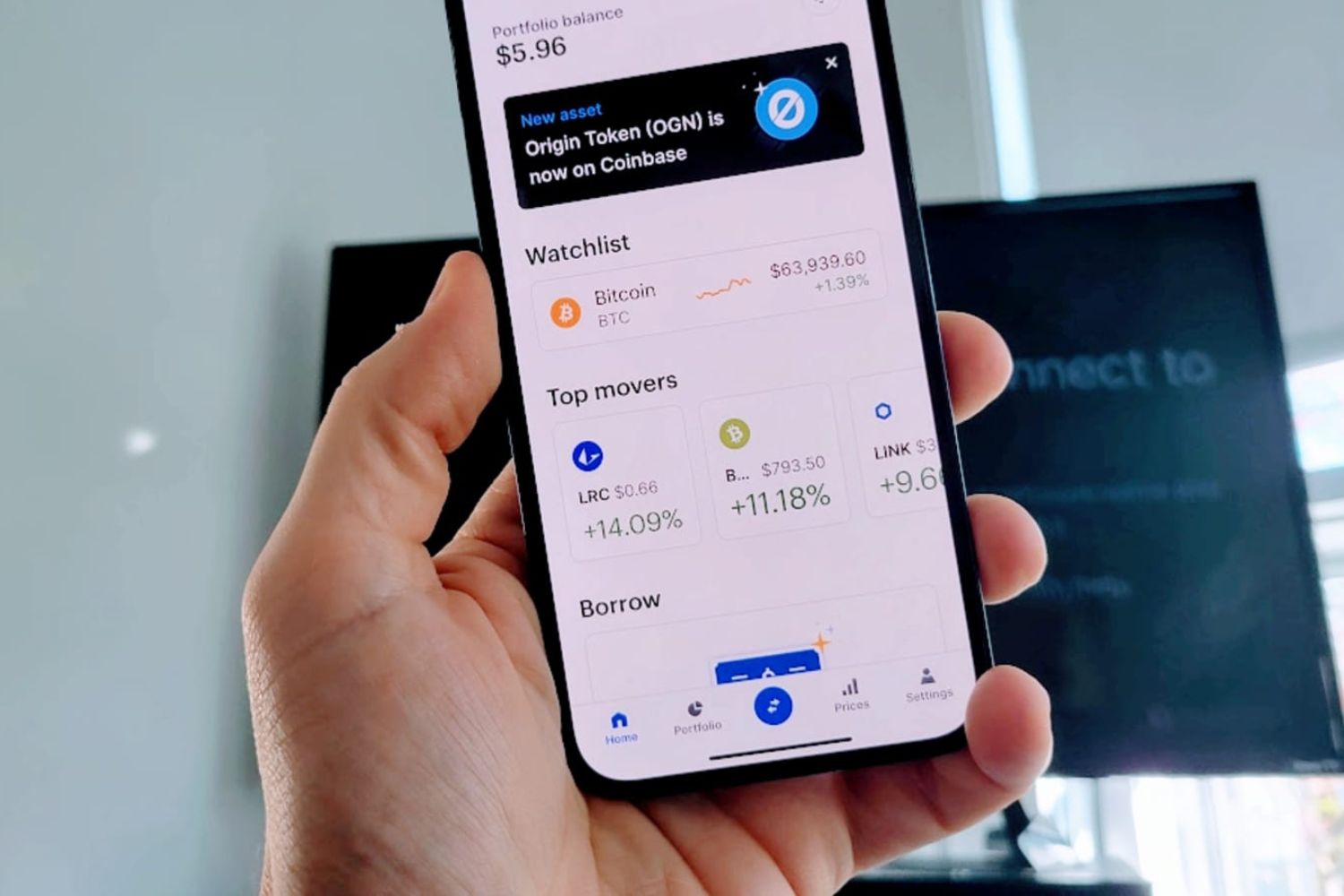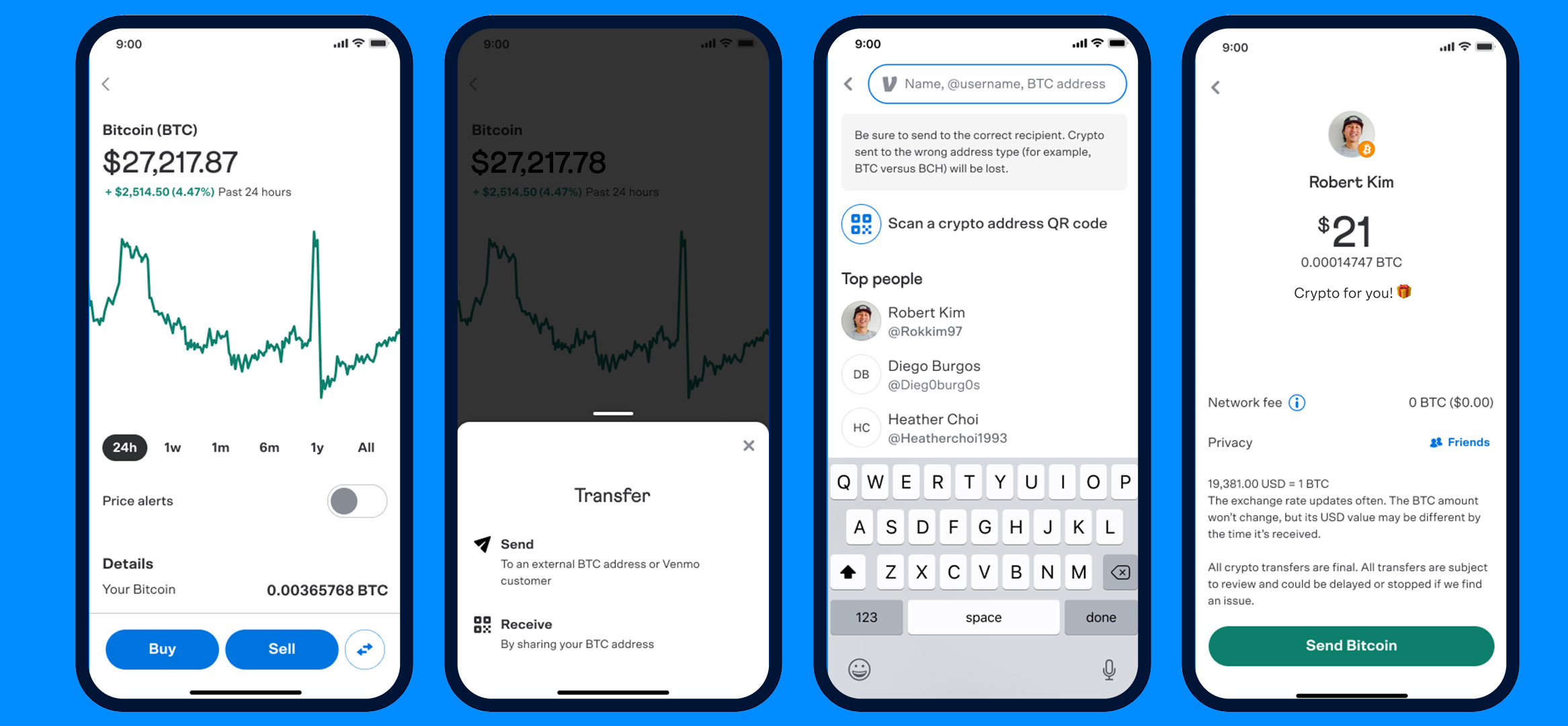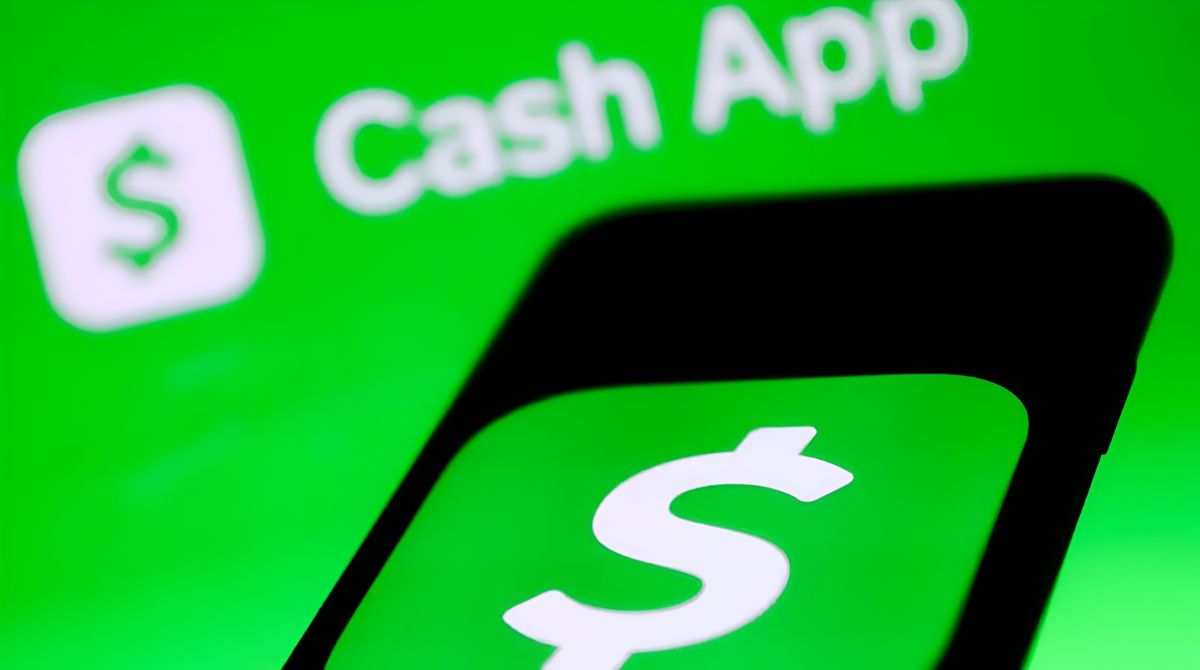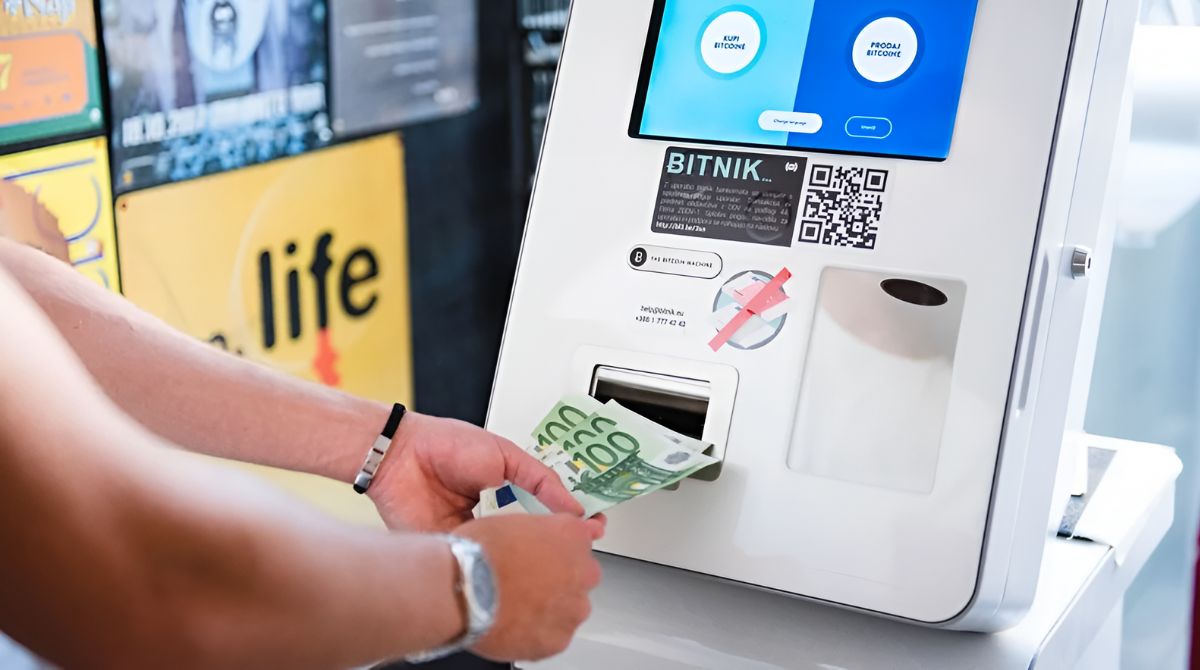If you’re new to cryptocurrencies, you may want to know how to send Bitcoin safely. Bitcoin is the most prominent cryptocurrency, with more users than other digital currencies. Today, many merchants accept Bitcoin payments in their local and online stores. Since Satoshi Nakamoto initially planned to create Bitcoin as a peer-to-peer payment system, sending Bitcoin is straightforward.
People use platforms like Oil Profit to invest money in oil trading using fiat money like the US dollars. Once they buy this cryptocurrency, they can transfer it to their crypto wallets and use it to transact at local and online stores. Sending Bitcoin from your crypto wallet to another person’s is straightforward. You only need a crypto wallet with Bitcoins and the public address of the recipient’s wallet.
A crypto wallet’s public address or Bitcoin address is the digital identifier of the location where you will send Bitcoins. It compares to a traditional bank account number but in the Bitcoin blockchain. The Bitcoin wallet software creates Bitcoin addresses as strings of random numbers and letters.
How to Send Bitcoin
You can send Bitcoin from your crypto wallet to another person’s by copying their wallet address and pasting it into your Bitcoin wallet app’s send field. Also, you may get a Bitcoin address in the QR code format. When using a mobile Bitcoin wallet to send this cryptocurrency, you’ll use your device’s camera to scan this code, and your wallet application will fill it in the send field automatically.
After inputting the recipient’s Bitcoin address, enter the Bitcoin amount you want to transfer. In most cases, the digital wallet will let you toggle between indicating the sent Bitcoin amount or displaying it in a fiat currency, like the US dollar.
What is the Cost of Sending Bitcoin
On average, a Bitcoin transaction costs $1.99. however, the median Bitcoin transaction fee is usually $0.75. However, the cost of sending Bitcoin can spike dramatically during network congestion. Bitcoin network fees create an anti-spam mechanism by deterring individuals from flooding the Bitcoin network with tiny transactions. Moreover, Bitcoin transaction fees incentivize mining since they go to the miners.
Bitcoin wallets calculate the network fee automatically. Additionally, the best Bitcoin wallet allows you to customize or select the cost to pay depending on how fast you want miners to confirm the transaction. However, some Bitcoin wallets don’t let users control their network fees. Instead, they apply a predetermined fee.
Self-custody Bitcoin wallets are the best option since they let users customize their transaction fees. Their default speed is less than 30 minutes or within three blocks. Changing this speed to Fastest attracts a higher cost, and transaction confirmation takes less than 20 minutes.
You can also change the default speed to Eco to save money. However, your transaction confirmation will take up to 60 minutes. Some wallets provide additional tools that let users set the transaction fees depending on the network congestion status.
Remember, setting a too-low network fee will extend your transaction confirmation duration. In some cases, a transaction can take hours or days. Nevertheless, there’s no reason to worry since you can’t lose your Bitcoin for setting a too-low transaction fee. However, the network can cancel the transaction after a long wait.
Conclusion
Sending Bitcoin from your crypto wallet to another person’s involves a digital transaction. You require the recipient’s public address that you enter into the send field in your crypto wallet and confirm the transaction. However, you incur a network fee when sending Bitcoin. Some crypto wallets charge a predetermined cost, while others let you choose the amount to pay for the transaction depending on how quickly you wish to complete it.

























